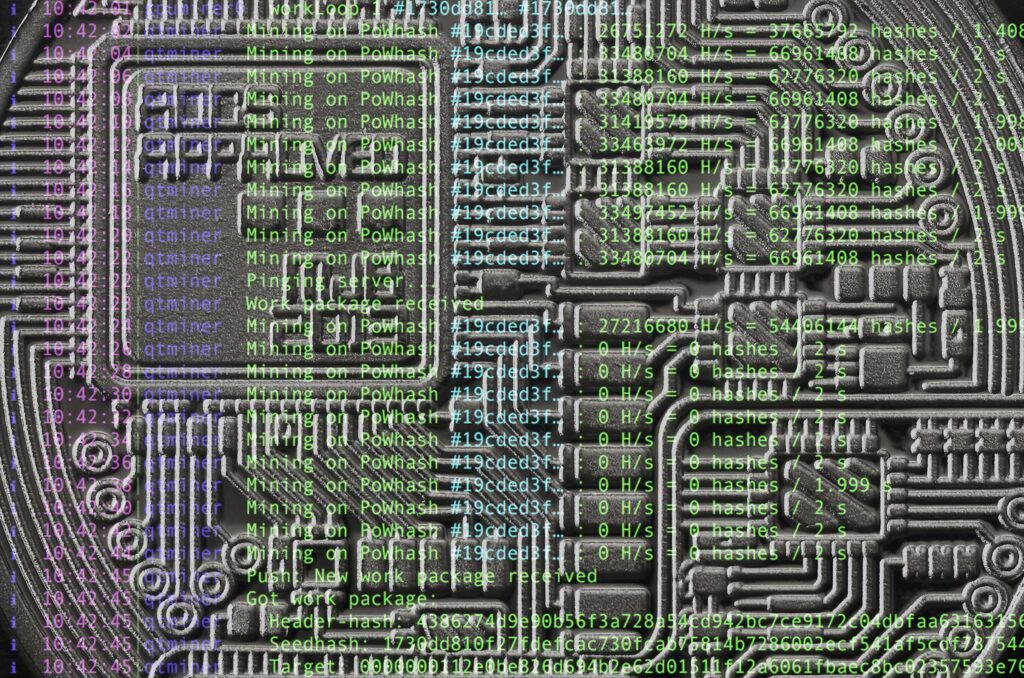How AI is Changing the Crypto Landscape for Better or Worse

Artificial intelligence (AI) is a powerful technology that can enhance or disrupt the crypto industry. In this article, I will critically examine the arguments and evidence presented by some of the recent articles on this topic, and offer my own perspective on the benefits and challenges of AI for crypto.
AI and Crypto: A Match Made in Heaven?
Some articles claim that AI and crypto are a perfect combination, as they both rely on data, algorithms, and decentralization. For example, 1 argues that AI can solve many of the problems that plague the crypto market, such as fraud detection, price prediction, and trading optimization. 2 presents a study that shows how machine learning techniques can achieve high profitability in forecasting and trading cryptocurrencies, even under changing market conditions. 3 explores the benefits of AI for crypto investors, such as reducing human errors, increasing efficiency, and enhancing decision making.
However, these articles fail to address some of the limitations and risks of AI for crypto. First, AI is not a magic bullet that can guarantee success in the volatile and unpredictable crypto market. AI models are only as good as the data and assumptions they are based on, and they can still make mistakes or be manipulated by malicious actors. Second, AI can also pose ethical and social challenges for crypto, such as privacy invasion, bias, and inequality. For instance, AI can enable mass surveillance and censorship of crypto transactions and users, or create unfair advantages for some groups over others. Third, AI can also threaten the core values and principles of crypto, such as decentralization, transparency, and democracy. For example, AI can create centralized power structures or monopolies in the crypto space, or undermine the trust and participation of the community.
AI and Crypto: A Clash of Titans?
Other articles suggest that AI and crypto are in conflict or competition with each other, as they both aim to dominate the future of technology and society. For example, 4 reports on the rise of AI-focused projects in the crypto space, such as SingularityNET, which aims to create a decentralized network of AI agents that can exchange services and data using cryptocurrencies. 5 analyzes the effects of ChatGPT, a language bot powered by AI, on the prices of AI-based cryptocurrencies, such as AGIX. The article claims that ChatGPT has boosted the popularity and value of these tokens by generating positive sentiment and hype around them.
However, these articles overlook some of the opportunities and synergies that exist between AI and crypto. First, AI and crypto can complement each other by providing mutual benefits and solutions. For example, AI can help improve the scalability, security, and usability of crypto platforms and protocols, while crypto can provide incentives, rewards, and governance for AI systems and agents. Second, AI and crypto can collaborate with each other by creating new forms of innovation and value. For example, AI and crypto can enable new applications and use cases that were not possible before, such as decentralized autonomous organizations (DAOs), smart contracts, oracles, or NFTs. Third, AI and crypto can coexist with each other by respecting their differences and diversity. For example, AI and crypto can acknowledge their strengths and weaknesses, their goals and visions, and their roles and responsibilities in the technology ecosystem.
Conclusion
AI is a game-changer for the crypto industry, but it is not a simple or straightforward one. AI can bring both advantages and disadvantages for crypto, depending on how it is used and regulated. Therefore, it is important to have a critical and balanced view of the impact of AI on crypto, rather than blindly accepting or rejecting it. As a crypto enthusiast and an AI researcher, I believe that AI and crypto can work together to create a better future for technology and society if they are guided by ethical principles, human values, and social good.
Whole post was reedited by Bing AI in terms of visual and interface appearance



